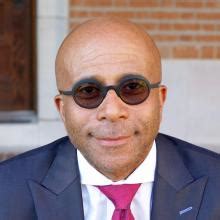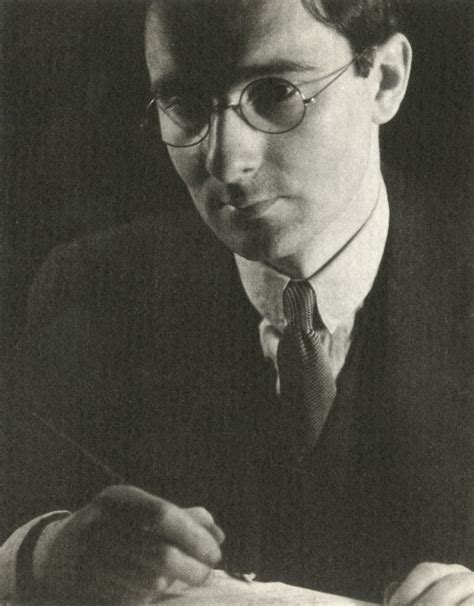A Quote by David McCullough
We are raising a generation of young Americans who are, to a very large degree, historically illiterate. It's not their faults. There's no problem about enlisting their interest in history. None. The problem is the teachers so often have no history in their background.
Related Quotes
The steep ride up the and down the energy curve is the most abnormal thing that has ever happened in human history. Most of human history is a no-growth situation. Our culture is built on growth and that phase of human history is almost over and we are not prepared for it. Our biggest problem is not the end of our resources. That will be gradual. Our biggest problem is a cultural problem. We don't know how to cope with it.
When I'm not governing my country any more, I'll go back to taking care of children. Or else I'll start studying anthropology - it's a science that's always interested me very much, also in relation to the problem of poverty. Or else I'll go back to studying history - at Oxford I took my degree in history. Or else...I don't know, I'm fascinated by the tribal communities. I might busy myself with them.
When I went to high school - that's about as far as I got - reading my U.S. history textbook, well, I got the history of the ruling class. I got the history of the generals and the industrialists and the presidents that didn't get caught. How 'bout you? I got all of the history of the people who owned the wealth of the country, but none of the history of the people that created it.
I would not be running for President if I didn't believe with all my heart that this is what the vast majority of Americans want for this country. This union may never be perfect, but generation after generation has shown that it can always be perfected. And today, whenever I find myself feeling doubtful or cynical about this possibility, what gives me the most hope is the next generation - the young people whose attitudes and beliefs and openness to change have already made history in this election.
I'm not against knowing the history of white people in the U.S. - that's not the point. The point is that there's so much greater history. We don't know about Native Americans. Very basically, we don't know that much about African American history, except that they were enslaved. You only get bits and pieces.








































